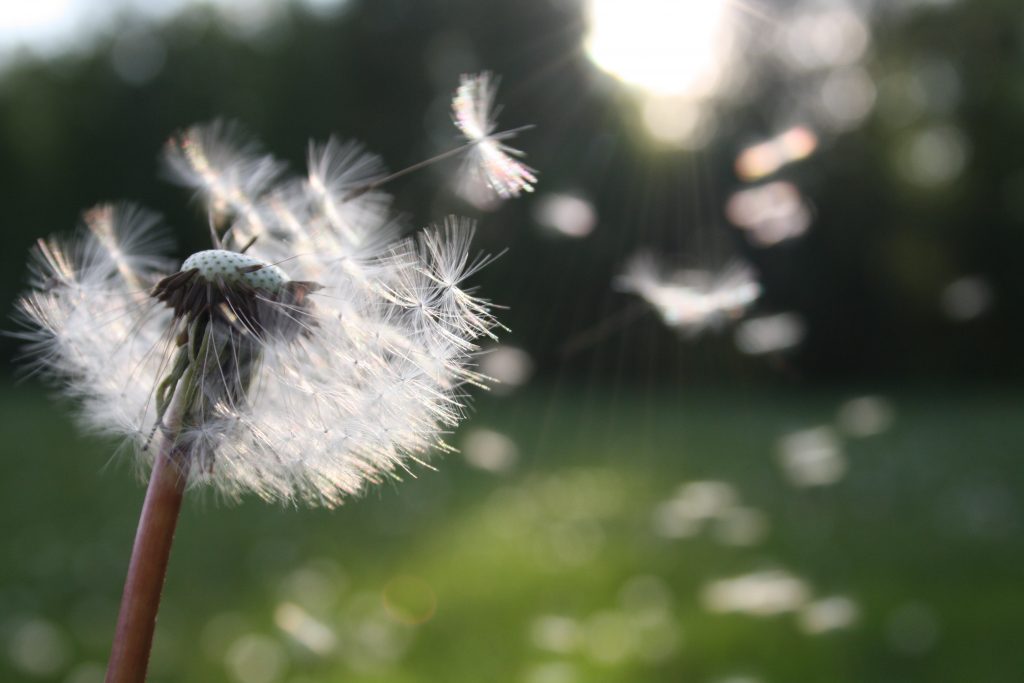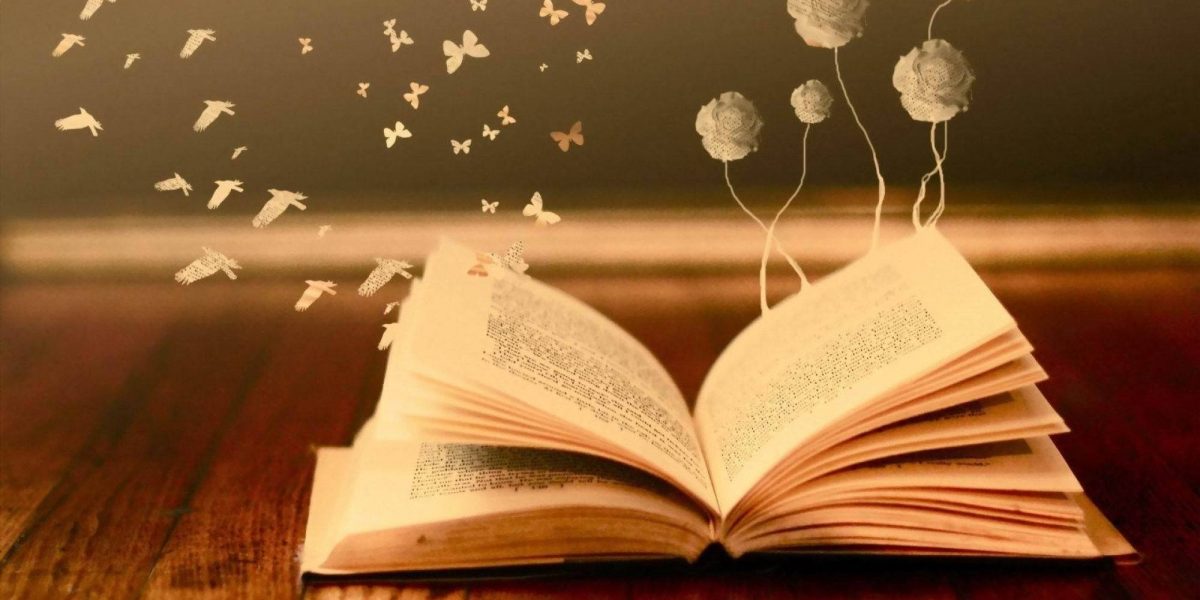
Situation in the present = wish + simple past
It is used to express regret for a present situation and also used when the speaker wants reality to be different, to be exactly the opposite.
- I don’t have a lot of money (I)
I wish I had a lot of money
- He isn’t here now (I)
I wish he were here
- She has to work overtime
She wishes she didn’t have to work overtime
Note: When using to be, both forms are accepted was or were, but were is standard English and was is more informal.
Situation in the past = Wish + past perfect
To express regret for a past situation
- I didn’t go to San Francisco last year
I wish I had gone to San Francisco last year
- She saw a horror movie on TV last night
She wishes she hadn’t seen a horror movie on TV last night
Situation in the future = Wish + would/could
- He won’t play better in the next game (they)
They wish they would play better in the next game
- You will talk all the time (I)
I wish you wouldn’t talk all the time
Note: to express criticism of other’s people behavior or show a desire for an action to take place – for somebody else to do something
I wish he wouldn’t smoke here. This room is stuffy already. (but he probably will)
Grammar note:
We use wish + would to show dissatisfaction with a present situation; when you want something to change or somebody else to do something and feel annoyed or disappointed because they haven’t done yet so we cannot say “I wish I would” or “He wishes he would”
Wish + object
To express a greeting or a kind of blessing
I wish you a merry Christmas
Wish + Infinitive
To express a desire to do something; formal
We wish to establish new criteria for selecting candidates

